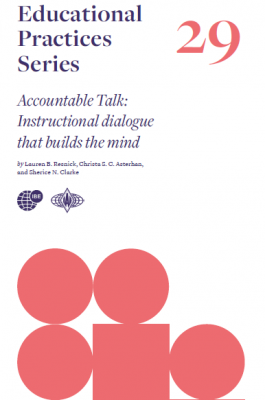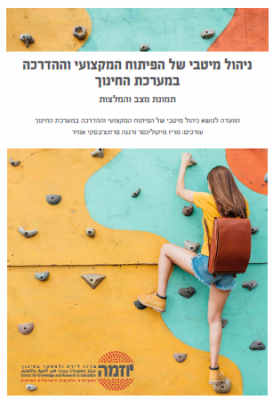I am an associate professor at the School of Education. I am currently the Director of the Center for Research on Teacher Training and Learning (CTL) and lead the Learning & Interaction Lab.
Together with students and colleagues, I explore the cognitive and social dimensions of learning through human interaction. I am a strong proponent of a multidisciplinary, multi-method approach to the study of learning through interaction. In my own research, I combine controlled experiments, detailed dialogue analyses and self-report data collection methods and am informed by theories from cognitive science, social psychology, communication, and developmental psychology. Topic-wise, my research interests are in group learning, argumentation, teacher support of learning dialogues, conceptual change, teacher pedagogical reasoning, computer-mediated communication and teacher learning in school-based communities.
Recent Publications
- Teacher Collaborative Inquiry into Practice in School-based Learning Communities: The Role of Activity Type
- Mixing methods for analysing classroom dialogue: Coding and beyond
- Pedagogically Productive Dialogue in Teacher Learning Communities: From Concept to Measurement
- Vocal Participation and Attentive Listening in Teacher-Led Classroom Discussions: The Role of Prior Achievement Level, Situational Experiences and Motivation.
- Differences Between Low and High Achievers in Whole-Classroom Dialogue Participation Quality
- The Search for Evidence-based Features of Effective Teacher Professional Development: A Critical Analysis of the Literature

















